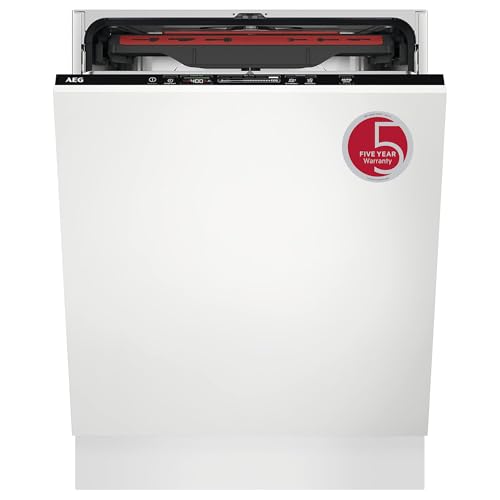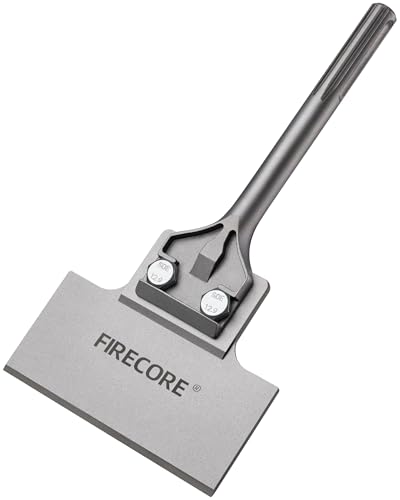


When it comes to doing dishes, many people wonder if they can use hand soap as a substitute for dish soap. After all, hand soap is readily available in most households, and it seems like a convenient option. However, using hand soap to wash dishes may not be the best choice for a variety of reasons.
Firstly, hand soap is designed to be gentle on the skin and may not have the necessary cleaning power to remove tough food stains and grease from dishes. Dish soaps, on the other hand, are formulated specifically to break down grease and cut through stubborn food particles.
Secondly, dish soaps often have antibacterial properties that can help kill germs and bacteria that may be present on your dishes. Unlike hand soap, dish soap is designed to be effective at killing bacteria that can cause foodborne illnesses.
Using hand soap to wash dishes may not be the best choice for a variety of reasons.
Overall, while hand soap may be tempting to use in a pinch, it is generally recommended to stick to using dish soap when washing dishes. Using dish soap will ensure that your dishes are thoroughly clean and free of bacteria, while also helping to protect your skin from potential drying or irritation that may occur from using hand soap on a regular basis.
The Importance of Using the Right Soap for Washing Dishes
When it comes to washing dishes, using the right soap is essential. Not all soaps are created equal, and using the wrong soap can lead to subpar results and even potential health risks. Here are a few reasons why using the right soap for washing dishes is important:
1. Effective Cleaning
The main purpose of using soap when washing dishes is to remove grease, bacteria, and food particles. Using a specialized dish soap that is formulated specifically for this purpose will ensure that your dishes are properly cleaned. Hand soap, on the other hand, may not be as effective in cutting through grease or removing stubborn food residue.
2. Food Safety
Using the right soap for washing dishes is crucial for maintaining food safety. Dish soaps are designed to eliminate bacteria and other harmful pathogens that can contaminate your dishes. Hand soap, on the other hand, may not have the necessary ingredients to effectively kill bacteria, putting you at risk of foodborne illnesses.
3. Protecting Your Dishes
Using the wrong soap, such as hand soap, can damage your dishes over time. Certain soaps may be too harsh and abrasive, causing scratches or dulling the finish of your dishes. Specialized dish soaps are formulated to be gentle on dishes while still effectively removing dirt and grime.
4. Environmentally Friendly
Using a dish soap that is environmentally friendly can have a positive impact on the planet. Many dish soaps are now available in eco-friendly formulations that are biodegradable and free from harmful chemicals. Using these soaps can help reduce water pollution and minimize your carbon footprint.
5. Cost-Effective
Investing in a quality dish soap may save you money in the long run. Some dish soaps are highly concentrated, meaning that you only need a small amount each time you wash dishes. Using a small amount of soap can extend the life of the bottle, ultimately saving you money over time.
Conclusion
Using the right soap for washing dishes is essential for effective cleaning, food safety, and protecting your dishes. By choosing a specialized dish soap that is environmentally friendly and cost-effective, you can ensure that your dishes are clean and safe to use, while also contributing to a healthier planet.
Comparing Hand Soap and Dish Soap for Washing Dishes
When it comes to washing dishes, you may be wondering if you can use hand soap instead of dish soap. While both hand soap and dish soap are designed to clean and remove dirt and grime, they are formulated differently to meet different needs. Here is a comparison of hand soap and dish soap for washing dishes:
1. Grease Cutting Power
Dish soap is specifically formulated to have a high grease cutting power. It contains powerful surfactants that are designed to break down and dissolve grease and oils, which are common on dishes after cooking. Hand soap may not have the same level of grease cutting power and may not be as effective in removing tough grease stains.
2. pH Balance
Dish soap is typically formulated to be more alkaline, as this helps to break down grease and oils. Hand soap, on the other hand, is formulated to be more gentle on the skin and usually has a neutral pH. Using hand soap to wash dishes may not provide the same level of cleaning as dish soap, as it may not effectively break down grease and oils.
3. Fragrance
Hand soap often contains fragrances to leave hands smelling fresh and pleasant. While this may be desirable for hand washing, it is not necessary for washing dishes. Dish soap typically has a more mild or neutral scent, as it is designed to clean without leaving a strong fragrance behind.
4. Residue and Rinseability
Dish soap is designed to rinse off easily and leave minimal residue, ensuring that dishes are clean and free from soap residue after washing. Hand soap, on the other hand, may leave behind a soapy residue that can be difficult to rinse off completely. This can result in dishes that still feel soapy or have a residue left on them, even after washing.
5. Price and Availability
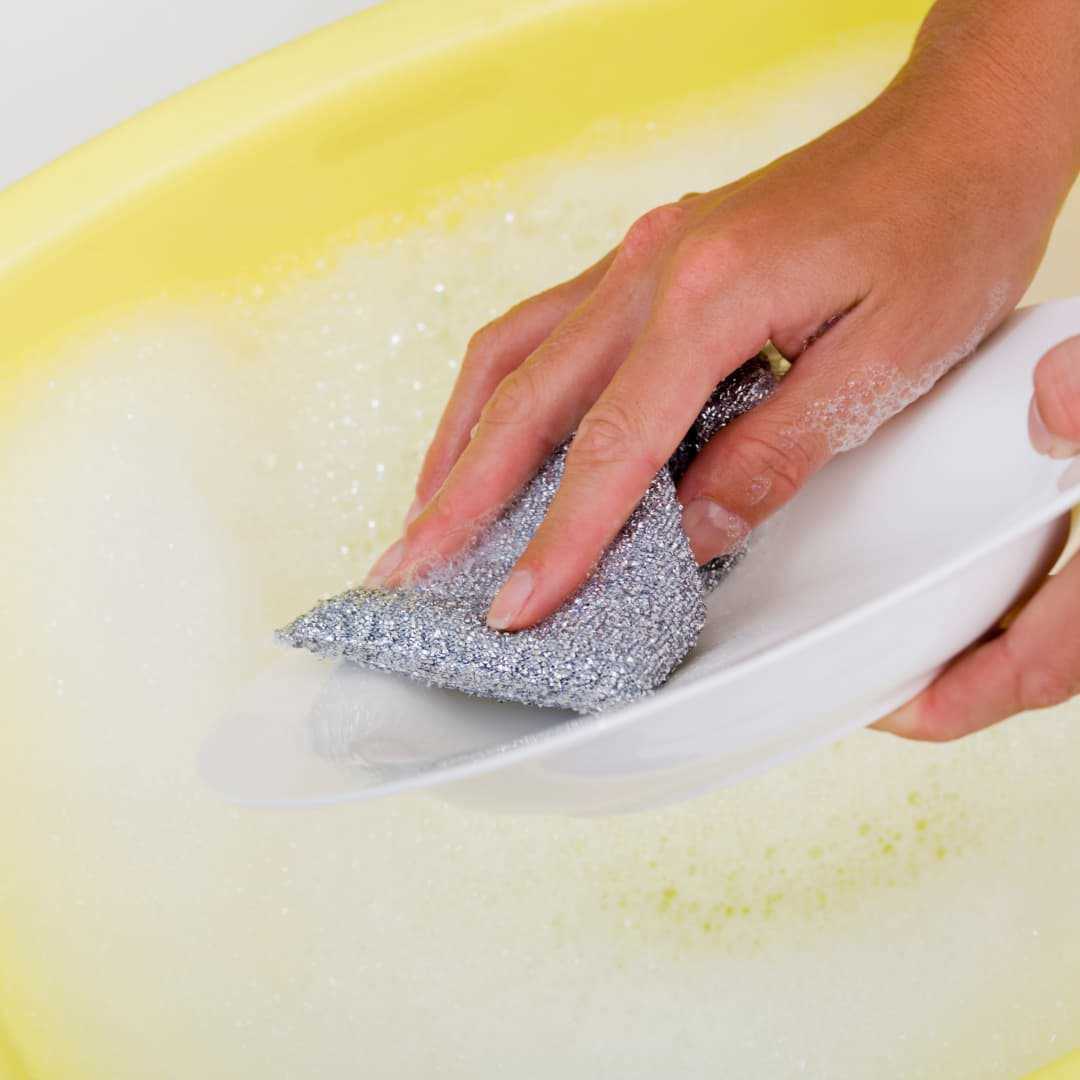
Dish soap is specifically marketed and sold for washing dishes, making it readily available in various formulations and sizes. Hand soap, while it may be cheaper, is not intended for dishwashing and may not be as effective. It may also be more limited in terms of available brands and scents.
| Factors | Hand Soap | Dish Soap |
|---|---|---|
| Grease Cutting Power | May not be as effective | Specifically formulated for high grease cutting power |
| pH Balance | Neutral | More alkaline |
| Fragrance | Strong fragrance | Mild or neutral scent |
| Residue and Rinseability | May leave soapy residue | Designed to rinse off easily |
| Price and Availability | May be cheaper, but limited availability | Readily available in various formulations and sizes |
In conclusion, while it may be tempting to use hand soap as a substitute for dish soap when washing dishes, it is not recommended. Dish soap is specifically formulated to have higher grease cutting power, a more alkaline pH, and easy rinseability. Using hand soap may not provide the same level of cleaning and could leave a soapy residue on dishes.
Possible Issues When Using Hand Soap to Wash Dishes
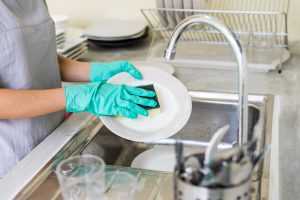
- Residue: Hand soaps are not formulated to be rinsed completely off dishes, leading to the presence of residue. This residue can affect the taste and smell of your food.
- Grease Removal: Hand soaps may not effectively remove grease from dishes. Grease can build up on the surface of dishes and make them appear dirty and unwashed.
- Food Safety: Hand soaps are not specifically designed to kill bacteria or other harmful pathogens found on dishes. This can pose a risk to your health if the dishes are not properly sanitized.
- Streaks and Cloudiness: Hand soaps may leave behind streaks or make dishes appear cloudy. This can affect the overall appearance of your dishes and glassware.
- Drying Time: Hand soaps may not have the same drying properties as dish soaps, leading to longer drying times for your dishes.
- Damage to Dishware: Some hand soaps may contain chemicals or abrasive ingredients that can damage delicate dishware or remove the protective coating on non-stick surfaces.
While using hand soap in a pinch may be acceptable, it is recommended to use dish soap specifically formulated for dishwashing to ensure the best results and maintain the longevity of your dishes.
Alternative Solutions for Washing Dishes Without Dish Soap
If you find yourself in a situation where you don’t have any dish soap available, don’t worry – there are still several alternative solutions you can use to wash your dishes effectively.
1. Vinegar
Vinegar is a versatile household ingredient that can be used for various cleaning purposes, including washing dishes. Mix equal parts vinegar and water and use this solution to scrub your dishes clean. Vinegar is known for its ability to remove grease and grime, making it an excellent substitute for dish soap.
2. Baking Soda
Baking soda is another common household item that can be used to wash dishes. Make a paste by mixing baking soda with a small amount of water. Apply the paste to your dishes and scrub them clean. Baking soda is gentle yet effective at removing stains and odors from your dishes.
3. Lemon Juice
Lemon juice is not only a refreshing addition to your drinks but can also be used to wash dishes. The natural acidity of lemon juice helps break down grease and removes stains. Squeeze some lemon juice onto your dishes and scrub them clean with a sponge or brush.
4. Salt
Salt is a simple yet effective solution for removing tough stains and grime from your dishes. Sprinkle salt onto your dishes and use a damp sponge or cloth to scrub them clean. The abrasive nature of the salt helps to lift dirt and grease off the surface of the dishes.
5. Liquid Castile Soap
If you have liquid castile soap, such as Dr. Bronner’s, on hand, it can be a suitable alternative for dish soap. Liquid castile soap is made from natural ingredients and is gentle on the skin while effectively cleaning dishes. Just a small amount of liquid castile soap mixed with water can create a soapy solution for washing dishes.
6. Dishwasher Detergent
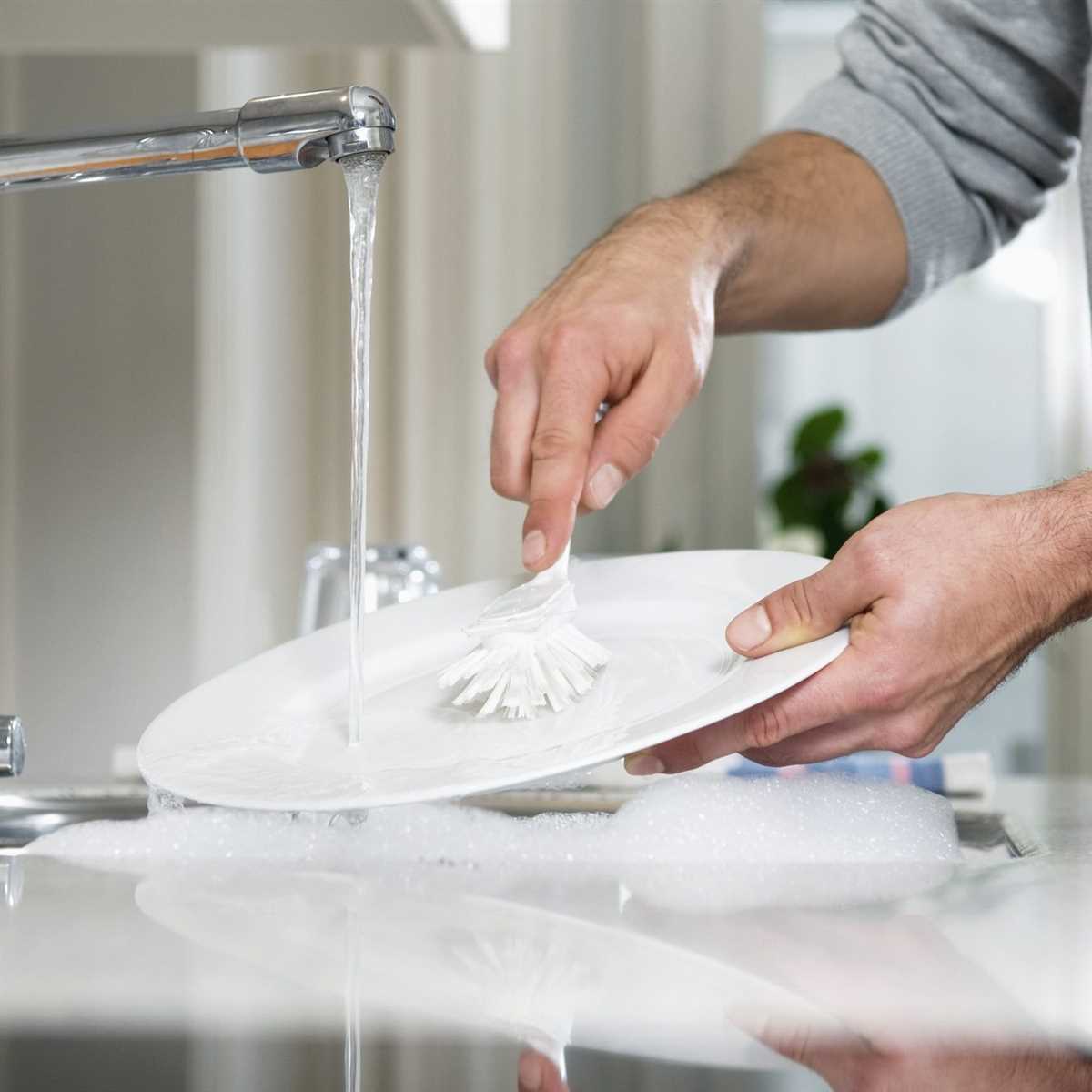
If you have a dishwasher, you can use dishwasher detergent as an alternative to dish soap. Simply apply a small amount onto a sponge or brush and scrub your dishes as you normally would. The dishwasher detergent will help remove grease and stains, leaving your dishes clean and shiny.
7. Hand Soap
If you don’t have any other options available, you can use hand soap as a last resort. While hand soap may not be as effective at removing grease and grime from dishes, it can still help clean them to a certain extent. Use a generous amount of hand soap and scrub your dishes thoroughly to remove as much dirt as possible.
Remember, while these alternatives can help you wash dishes without dish soap in a pinch, it’s always best to use proper dish soap for optimal cleanliness and hygiene.
FAQ
Can I use hand soap to wash dishes?
Yes, you can use hand soap to wash dishes, but it may not be as effective as dish soap.
Is hand soap safe to use on dishes?
Hand soap is generally safe to use on dishes, but it’s important to check the label and make sure it doesn’t contain any harmful ingredients.
What is the difference between hand soap and dish soap?
Dish soap is specifically formulated to cut through grease and remove food particles, while hand soap is designed to be gentler on the skin.
Will using hand soap damage my dishes?
Using hand soap may not damage your dishes, but it may leave a residue or not clean them as effectively as dish soap.
Can I use hand soap if I run out of dish soap?
If you run out of dish soap, you can use hand soap as a temporary alternative, but it’s best to use dish soap for optimal cleaning results.
What are the benefits of using dish soap instead of hand soap?
Dish soap is specifically formulated to cut through grease and remove food particles, making it more effective at cleaning dishes compared to hand soap.


